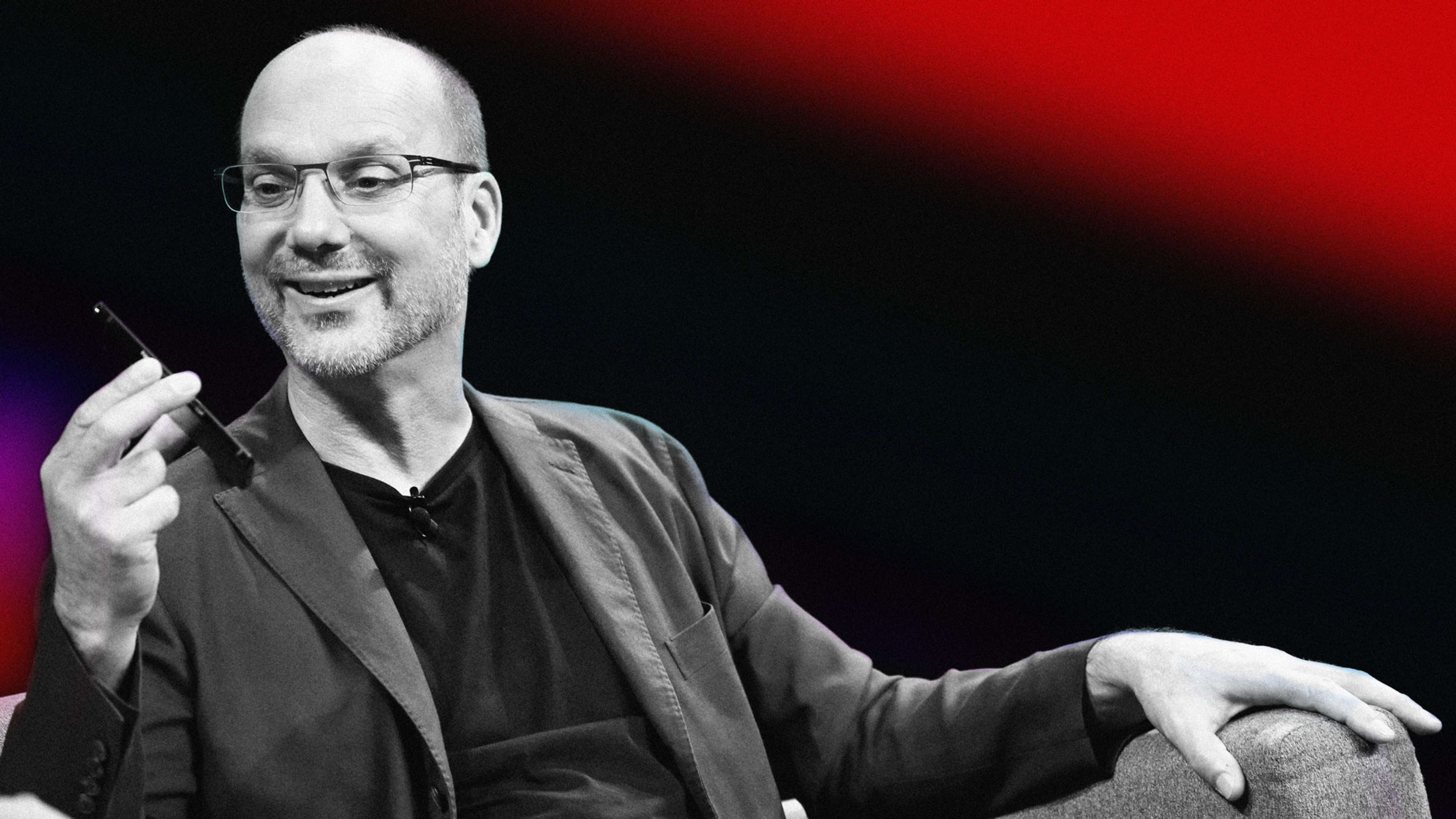On Twitter yesterday, Android cofounder Andy Rubin began hyping a new smartphone his company Essential is working on. It’s a long, thin device with a long, thin user interface.
For many of us, it was the first time we’d thought about Rubin since The Information reported in 2017 that he’d had an “inappropriate” relationship with a Google employee, before he controversially left the company with a very generous severance package.
It may be too soon. It is difficult to disentangle the radically elongated smartphone from its creator’s reputation.
If that’s not reason enough to skip supporting or buying a smartphone from Essential, the device itself seems like a throwback, a design that might have seemed like a promising departure in the smartphone’s earlier days. But now it just looks like a novelty—an idea in search of a use case.
From the photos, the new phone appears to be very thin, not much wider than a smartwatch. It looks so long that the end of it would very likely stick up out of a pocket. The shape, which resembles a smart TV remote, would probably rule out any heavy video-viewing or gaming. On the back is an indented fingerprint reader and a large protruding camera lens. The phone, which appears to come in multiple colors, is covered in a glossy finish that changes hue depending on the angle at which it’s held.
https://twitter.com/Arubin/status/1181688574975983616
This phone looks remarkably different from most, but that’s not a good thing. The design of smartphones is arguably a settled question: The global smartphone industry has produced hundreds of thousands of smartphone designs over the years. Through a process of design, release, and market response, it gradually arrived at the size and shape of a phone that people want. That’s why smartphones tend to look and act pretty much the same now.
That has to do with simple things, like the question of how big a mobile phone’s display can be so it still fits into a back pocket. Smartphones continue to evolve, but that evolution mainly is driven by miniaturization, battery improvements, and software optimization. The one exception? Foldable smartphones, but we still don’t know if people want them.
It’s into this world that Rubin announced his new smartphone, dubbed Project Gem, which coincidentally looks like exactly half of a Samsung Galaxy Fold.
Essential claims to be trying to “reframe your perspective on mobile,” but it’s unlikely that this small company is going to suddenly reveal to people what they really want in a smartphone. It’s hard to discern the software experience from the few photos Essential shared, but the modular UX shown in the pictures doesn’t suggest anything revolutionary.
We've been working on a new device to reframe your perspective on mobile. It's now in early testing with our team outside the lab. Look forward to sharing more in the near future! #ProjectGEM pic.twitter.com/BnVy7yM2Kj
— Essential (@essential) October 9, 2019
Instead, Essential’s attempt to create a new paradigm of smartphones misses the bigger picture: We’ve already passed peak smartphone.
Companies all over Silicon Valley are already moving headlong toward the next frontier in personal tech devices, which is likely some form of augmented reality glasses but could end up being some other form of human-computer interface. Even Apple is looking beyond the smartphone: Noted Apple analyst Ming-Chi Kuo says the company will bring its AR glasses to market as soon as early next year.
Innovation will always be tech’s main currency, but it matters where you spend it. Rubin and the gang of engineers he’s assembled at Essential appear to be innovating inside the wrong ecosystem. They need to leave the smartphone behind and evolve.
Essential may not have unlimited time to make such a move. The company is said to be well-funded, but it’s already had one flop with the first Essential smartphone. Bloomberg reported in May that Essential had cancelled plans for the Essential 2 and was up for sale.
This new Project Gem phone certainly looks less like a standard-issue smartphone than Essential’s earlier two phones. But Essential may need to start thinking completely outside the smartphone box if it ever wants to be relevant.
Recognize your brand’s excellence by applying to this year’s Brands That Matter Awards before the early-rate deadline, May 3.
